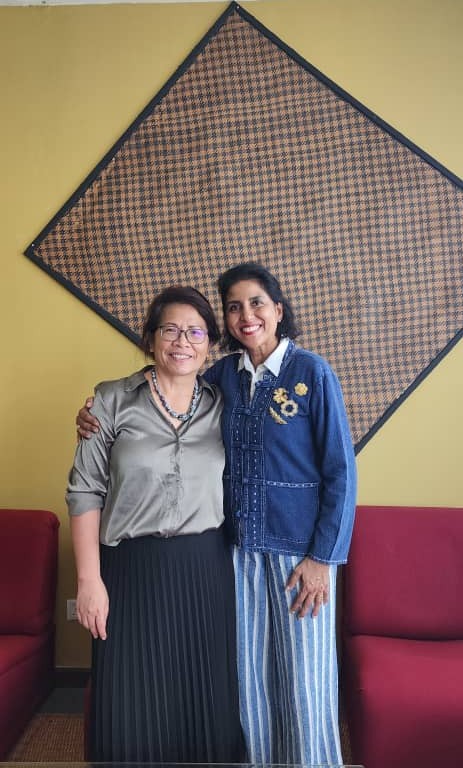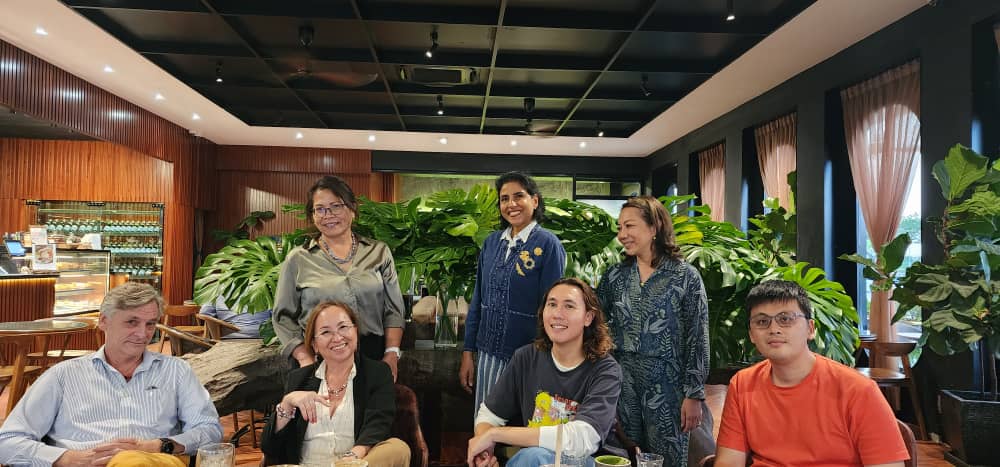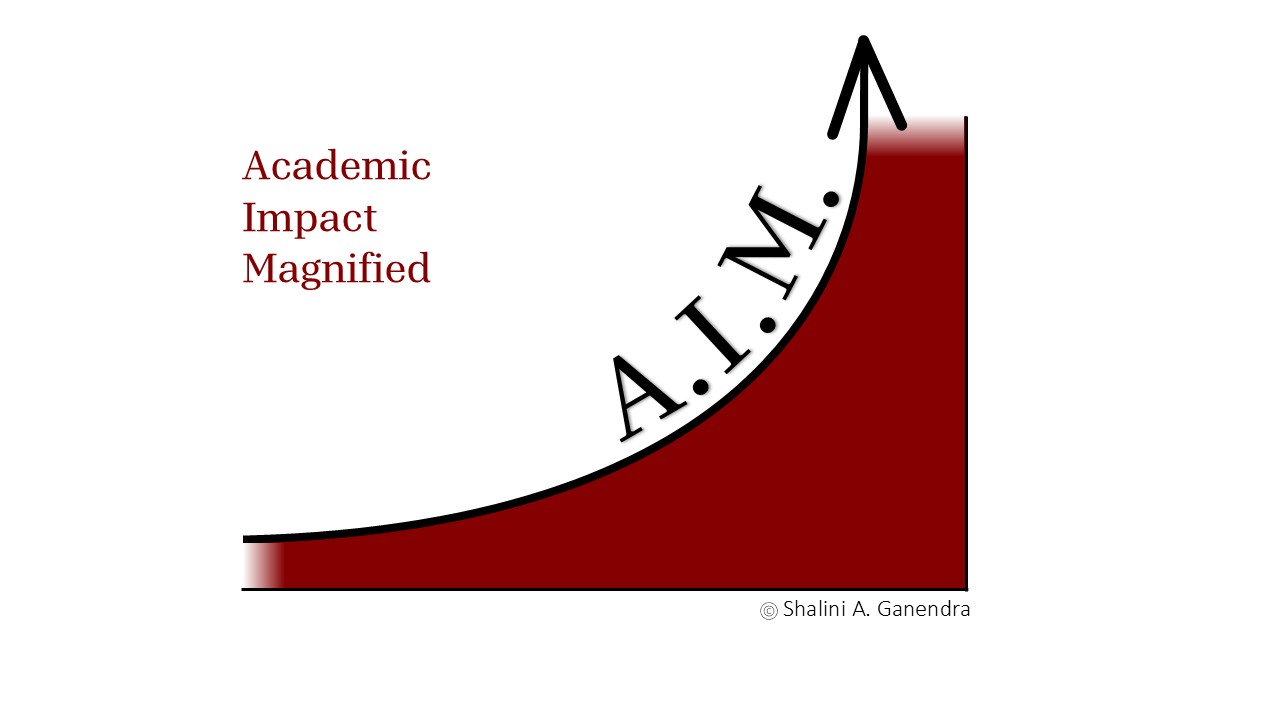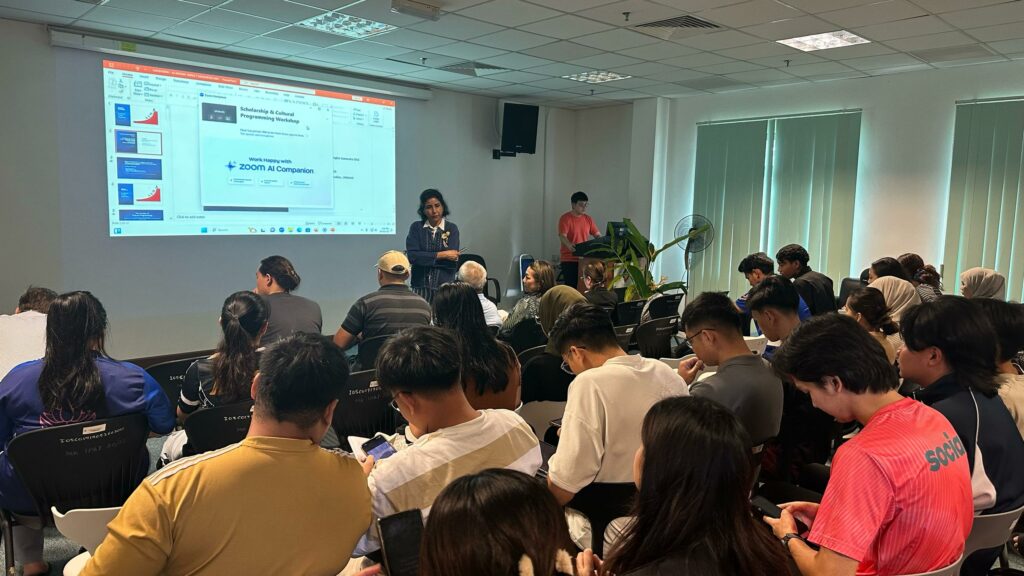
In her lecture at UNIMAS last week, Adjunct Professor Datin Shalini Amerasinghe Ganendra introduced the concept of A.I.M. – Academic Impact Magnified, a framework she developed to demonstrate how cultural programming could expand the reach and depth of scholarly work. She drew from over 25 years of her cultural experience that spanned legal practice, cultural entrepreneurship, and academic inquiry to illustrate how interdisciplinary integration enriched both scholarship and public understanding.
Ganendra’s work emphasized that impactful cultural programming translated academic research into accessible, experiential formats. She discussed how exhibitions, performances, workshops, and lectures engaged wider audiences and invited critical feedback beyond academic silos. Through her initiatives, such as the numerous and multi-facetedExhibitions, the pioneering green cultural building Gallery Residence, the PavilionNOW architecture programme, and the citywide Gallery Weekend Kuala Lumpur (GWKL), to name a few, she showcased A.I.M. in action—where collaboration, creativity, and curatorial innovation brought theory to life.
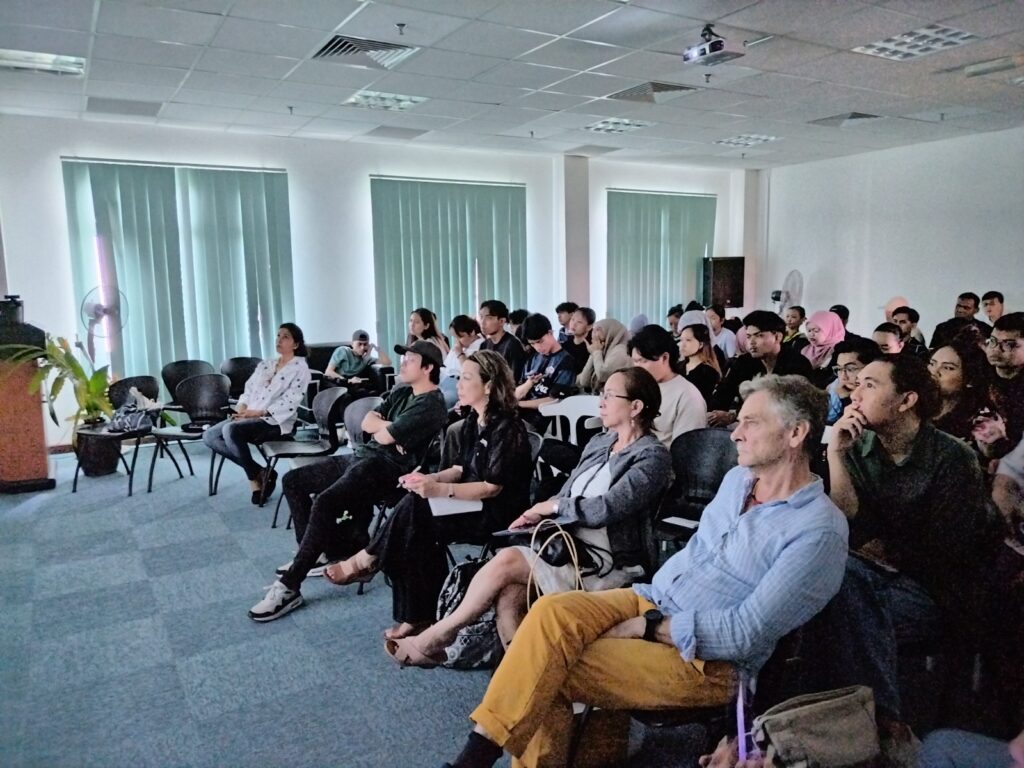
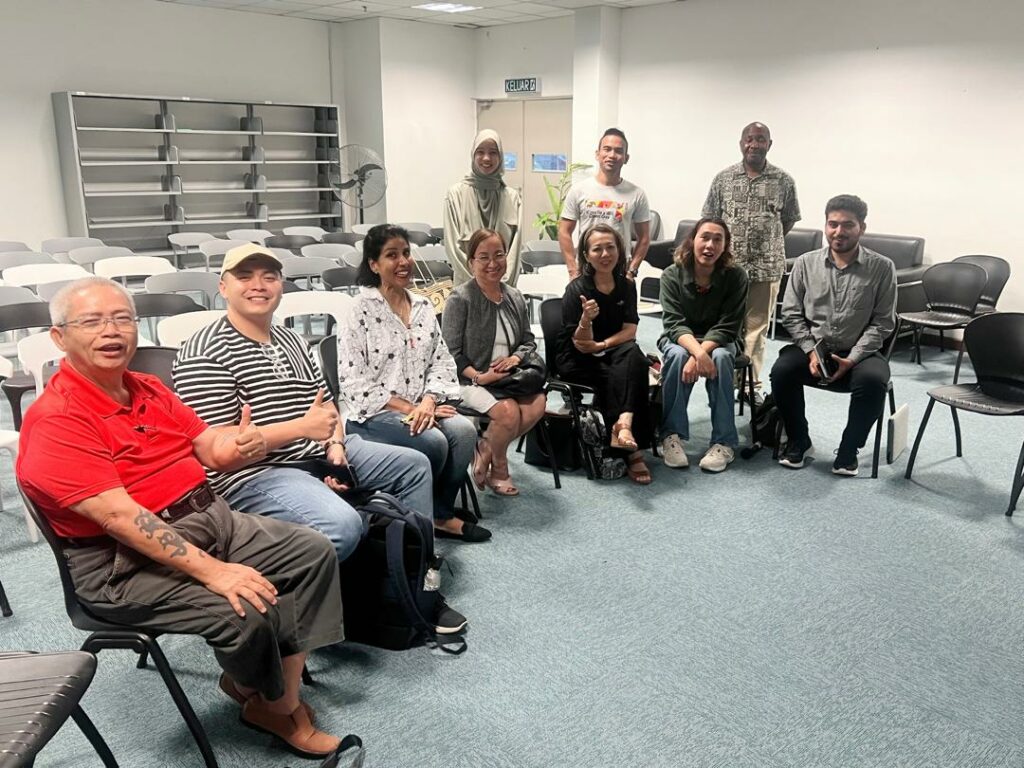
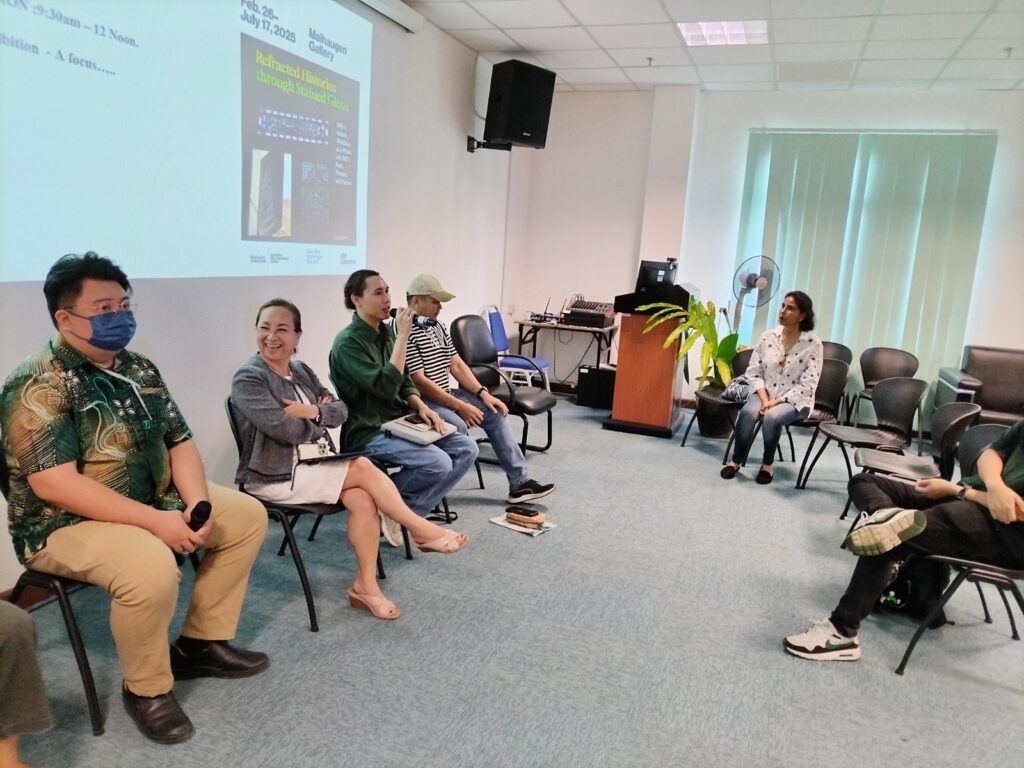
A focal case study was her 2022 exhibition, Image & Identity, at the Museum of Oxford, organised when she was a visiting Fellow at the University of Oxford and which applied her original analytical framework, “veins of influence”, (on which she has published extensively), to present research through a curated experience. This process illustrated how exhibition-making could serve both as a mode of knowledge production and as a method of intellectual refinement.
The accompanying workshop at UNIMAS, Idea to Exhibition, invited participants to apply these principles by developing narrative-based curatorial frameworks around their research. Through practical exercises and insights
from international curators, attendees learnt to use cultural programming to extend their academic impact, improve communication strategies, and deepen scholarly understanding.
Ultimately, the lecture and workshop invited scholars to reconsider the boundaries of academic output, presenting A.I.M. not only as a methodology but as a transformative ethos for magnifying scholarly relevance to difference audiences, including the public sphere. See LinkedIn: Shalini Amerasinghe Ganendra.
The workshops attracted over 60 participants, comprising UNIMAS academics, undergraduates, and postgraduate students. This diverse cohort facilitated a rich exchange of ideas and encouraged interdisciplinary engagement. This diverse gathering not only fostered a rich dialogue among participants but also encouraged interdisciplinary engagement, allowing for the cross-pollination of ideas that can lead to innovative solutions and fresh perspectives. As such, this event serves as a testament to the power of collective knowledge in advancing academic pursuits and enhancing the university community’s capacity for growth and development.
